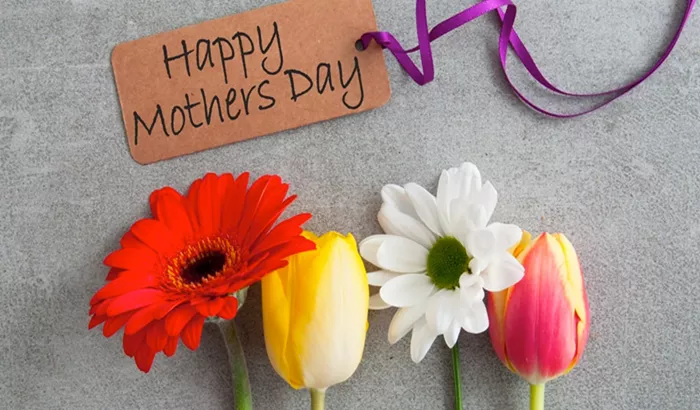Mother’s Day is just around the corner. If you’re thinking about buying a beautiful bouquet of flowers for your mom, you might notice something: the prices could be higher. And it’s all because of tariffs put in place by President Trump.
Jody Costello, a florist in Royal Oak, Michigan, shared some news. “We’re going to do our best to keep prices reasonable. But people should expect to pay a bit more,” he said.
Here’s what happened. In early April, President Trump announced some really high tariffs. But he decided to put them on hold for 90 days. Still, a 10% basic tariff on all U.S. imports is now in effect.
Most of the flowers sold in the U.S. actually come from other countries. In fact, about 80% of them do! According to the U.S. Census Bureau, last year the U.S. brought in $2.2 billion worth of cut flowers and green plants.
Many of these flowers came from Colombia and Ecuador. “They can grow flowers all year long, which gives them an advantage,” said Kate Penn, the CEO of the Society of American Florists.
Penn also talked about flower growers in the U.S. Since the COVID – 19 pandemic, many small growers, who often have just one acre of land or less, have been doing well. They sell their flowers at farmers’ markets and to the growing wedding industry. “People, especially brides, really want to buy local flowers,” Penn said.
But even small farms aren’t safe from the effects of these tariffs. Take Moonshot Farm in East Windsor, New Jersey. Its owner, Rebecca Kutzer – Rice, uses bulbs from Italy and Holland to grow flowers. Her recent shipments had to pay the 10% tariff.
“This could cost our small business between $40,000 and $50,000 a year. For a small farm, that’s almost like another employee’s salary,” she said.
Some florists are trying not to make customers pay more. Mistine Boren, a florist in Austin, Texas, told CBS19 that she’s waiting until after Mother’s Day to decide if she’ll raise prices. “It’s hard. Our profits are already very small, and buying fresh flowers is expensive for everyone,” she said. Boren is also looking for more wild, local flowers to avoid the tariffs.


